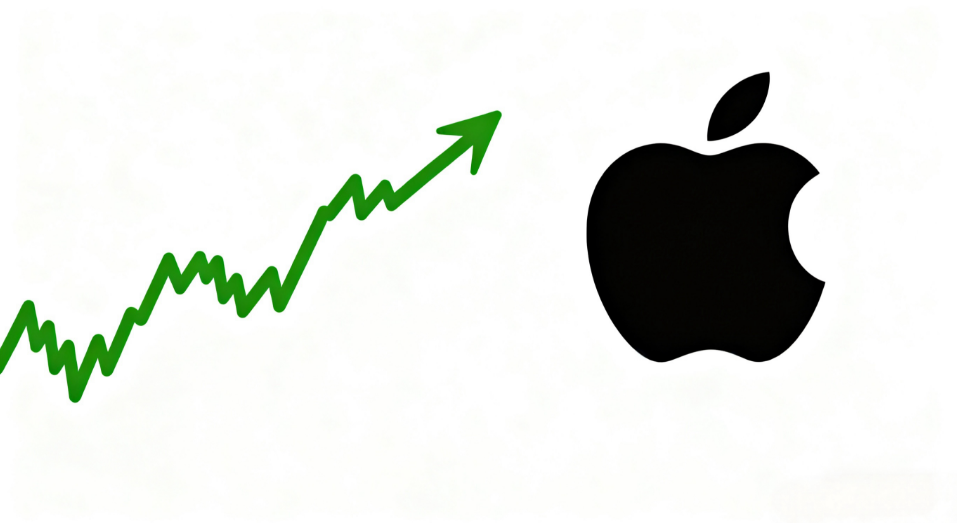
The latest regulatory filings indicate that Warren Buffett's Berkshire Hathaway (BRK.A.US) may have quietly reduced its massive Apple (AAPL.US) holdings in the third quarter. According to the company's most recent quarterly report, the carrying value of its consumer stock portfolio decreased by approximately $1.2 billion compared to the previous quarter—this category of assets primarily consists of Apple stock, suggesting this book value change likely stemmed from further sales of Apple shares.
Apple's stock price accumulated a gain of over 24% in the third quarter, providing Buffett with an ideal window to realize profits. It is understood that the "Oracle of Omaha," known for his long-term investment approach, executed notable consecutive reductions in Apple holdings throughout 2024, astonishingly selling off two-thirds of Berkshire's original position. In the second quarter of this year, Berkshire continued to trim its Apple stake. As of the end of June, the iPhone maker remained Berkshire's largest single stock holding, with 280 million shares valued at $57 billion.
Later this month, Berkshire will submit a detailed 13F filing to the U.S. Securities and Exchange Commission, at which time investors will gain a clearer picture of the exact scale of its Apple stock holdings. This filing will disclose all changes in Berkshire's individual stock positions as of September 30.
Buffett previously hinted that reducing Apple shares was for tax reasons, but some speculate that such large-scale selling might indicate this legendary investor also harbors concerns about Apple's high valuation. Others believe it's part of portfolio management—Apple stock once accounted for over 50% of Berkshire's investment portfolio, representing an excessively large position.
Berkshire has been a net seller of stocks for 12 consecutive quarters, raising over $6 billion in cash in the third quarter alone. A stock market valuation metric favored by Buffett (the ratio of the total market capitalization of all publicly traded stocks in the U.S. to the U.S. GNP) has climbed to a record high, reaching a warning level he once described as "playing with fire."
















